Day One: 0700. London. Disable phone alarm, flick through news app. Twitter. Shower, change, get in car. Sit in traffic on the A406. Ponder grey clouds. So far, so normal.
But Waze is not set westerly for the office, in Twickenham, like it normally is. It is pointing north. I am en route to Kielder Forest in Northumberland to drive the new Porsche Cayenne S.
The Cayenne has long been described as the saviour of Porsche. Car enthusiasts have been fed the narrative that the Cayenne is a means to an end. Porsche makes this so that other, more interesting, purer Porsches can continue to live.
If this new model feels familiar, that’s quite likely because we road tested the new Cayenne S in last week’s issue, calling it an “enjoyable, uncomplicated SUV to keep forever”.
Our road test, of course, is a place for hard facts and objective assessment. But the circumstances around this particular model necessitate a wider appraisal of its place. So we have decided to see if the new Cayenne S really blends performance and practicality, with an epic day-long tour of the north of England and southern Scotland. Which, in turn, necessitated my early alarm call.
![]()
Still, to cover the mechanical bits. According to Porsche, the latest facelift is one of the most extensive product upgrades in its history. There’s the usual stuff – new screens, new suspension, more power, more efficiency.
It’s all geared towards keeping the Cayenne feeling fresh, because from 2026 it will sit alongside the technically unrelated Cayenne Electric, before disappearing entirely as Porsche switches to electric cars only. It’s too early to start writing an obit – but this is the beginning of the end of the ICE Cayenne, and as a result feels the right time to be appreciated.
Intriguingly, for me, the biggest change is not in hardware or software. It’s in nomenclature. Porsche has seen fit to return the S to a V8, this time a 4.0-litre twin-turbo also used in the Panamera and Lamborghini Urus. Mk1 Cayenne S models had a V8, and then midway through the second generation it switched to a V6. Now the eight-cylinder S is back.
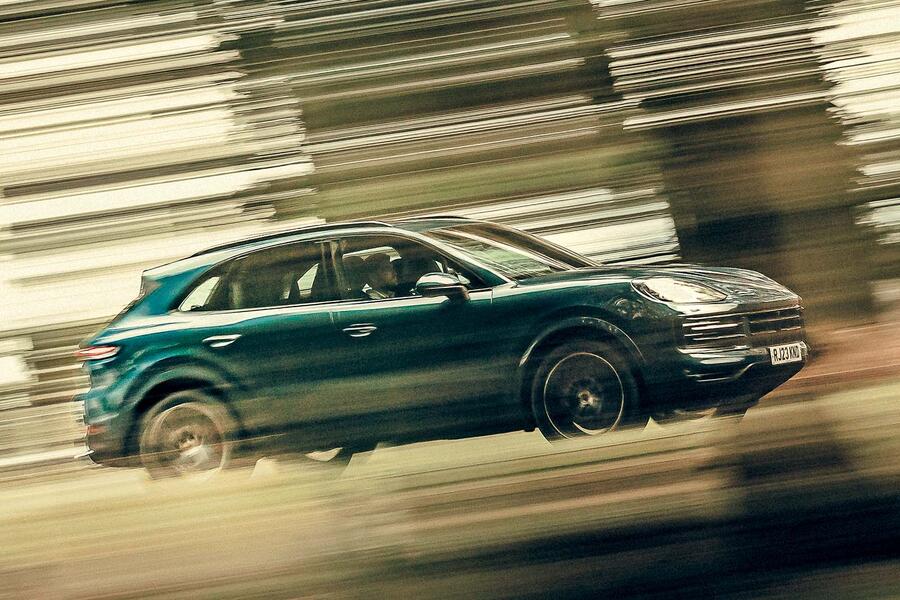

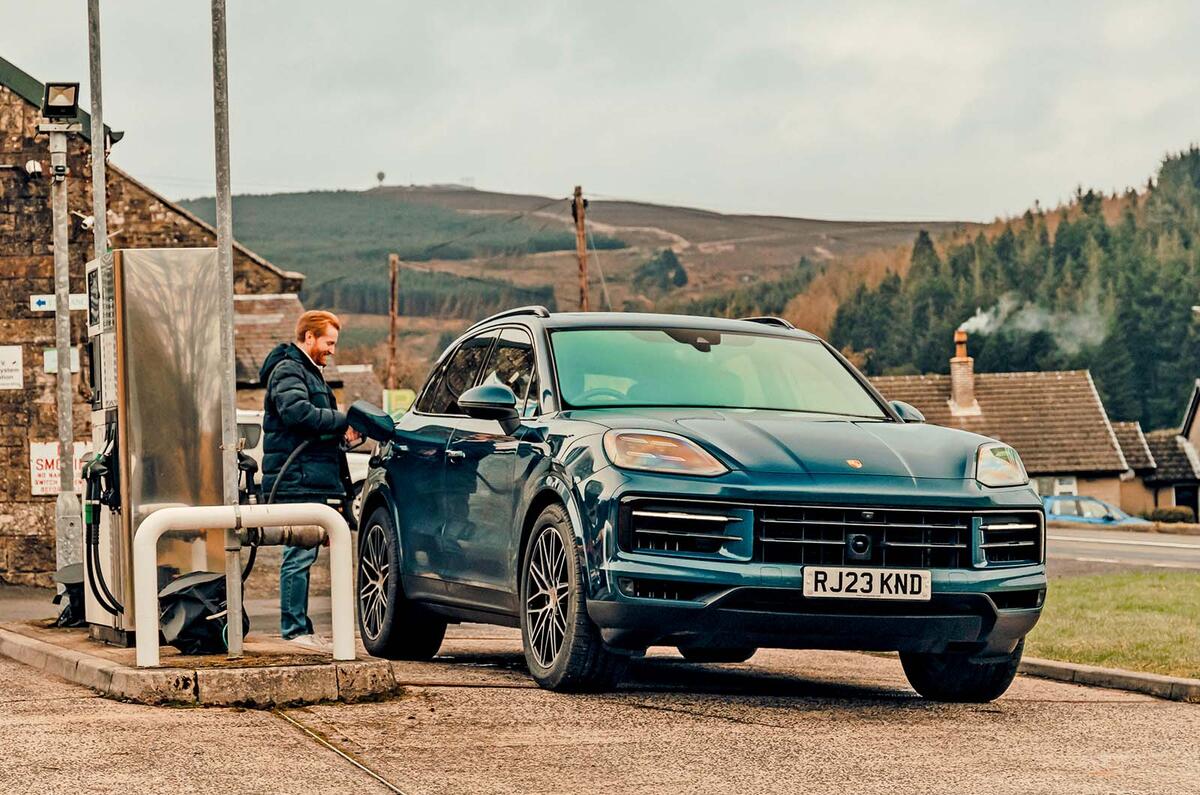
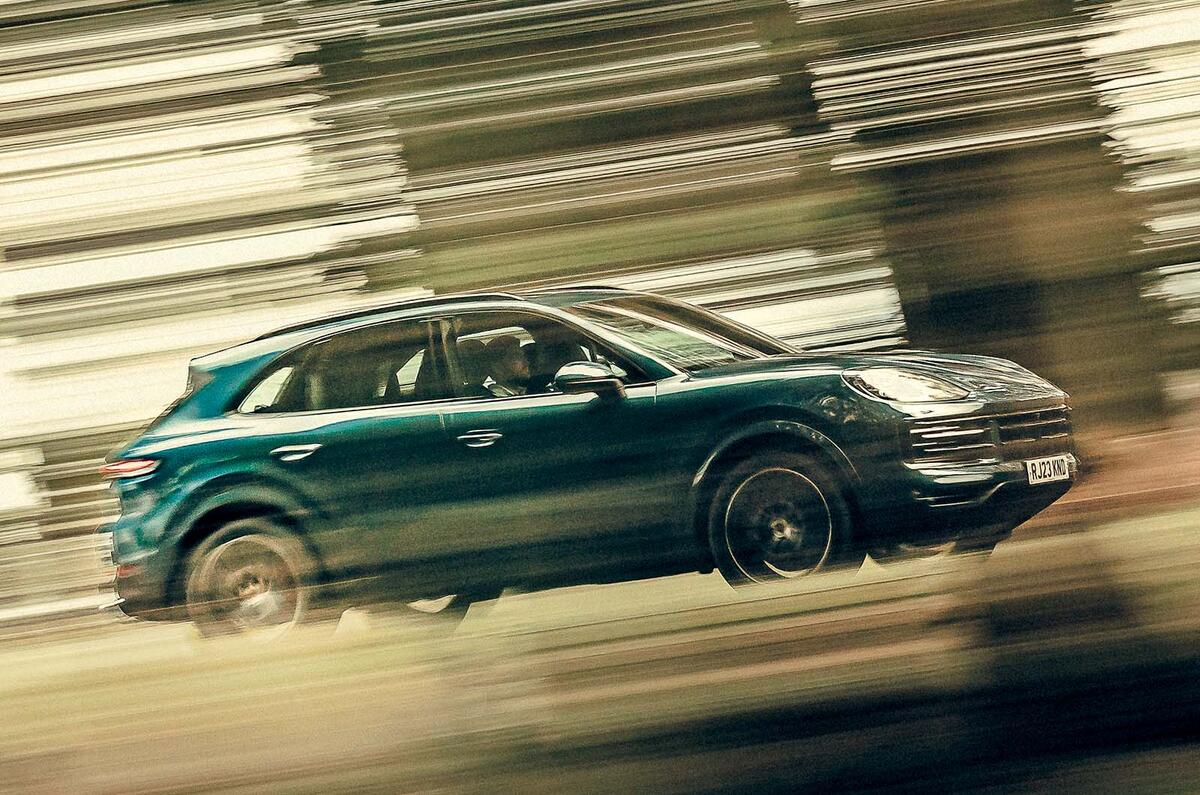
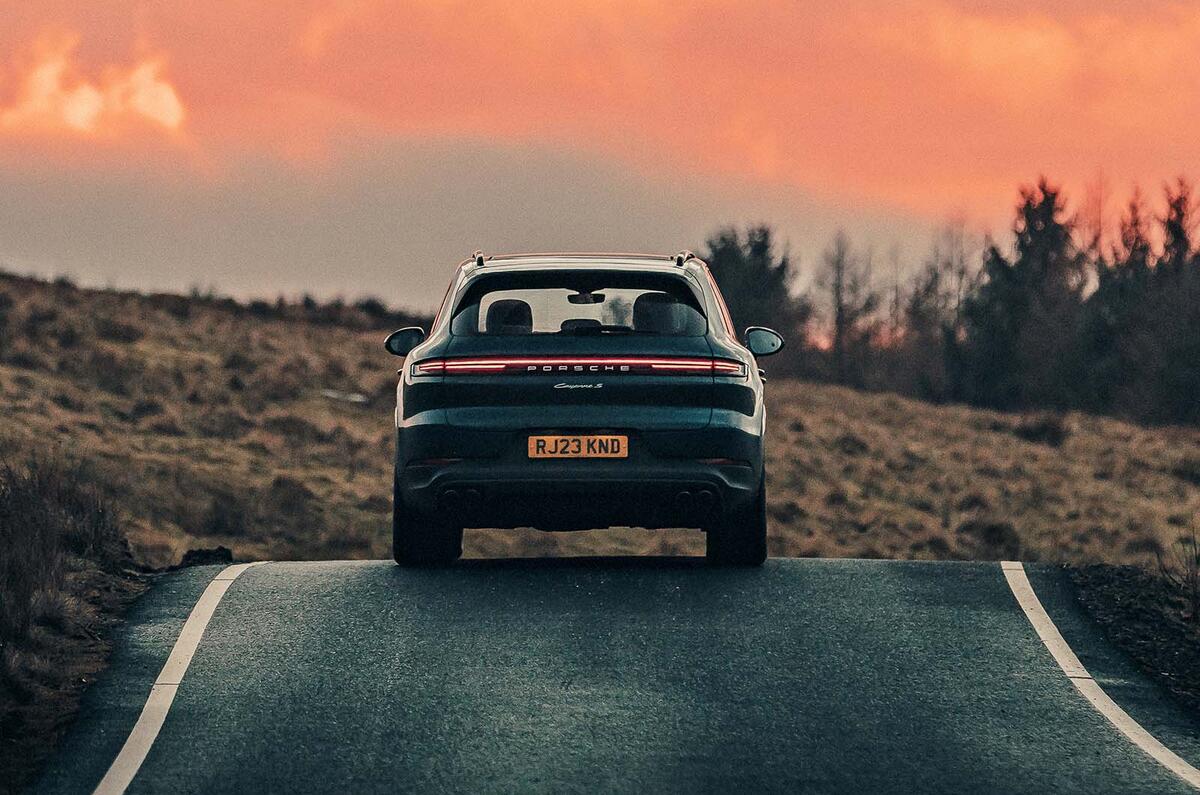
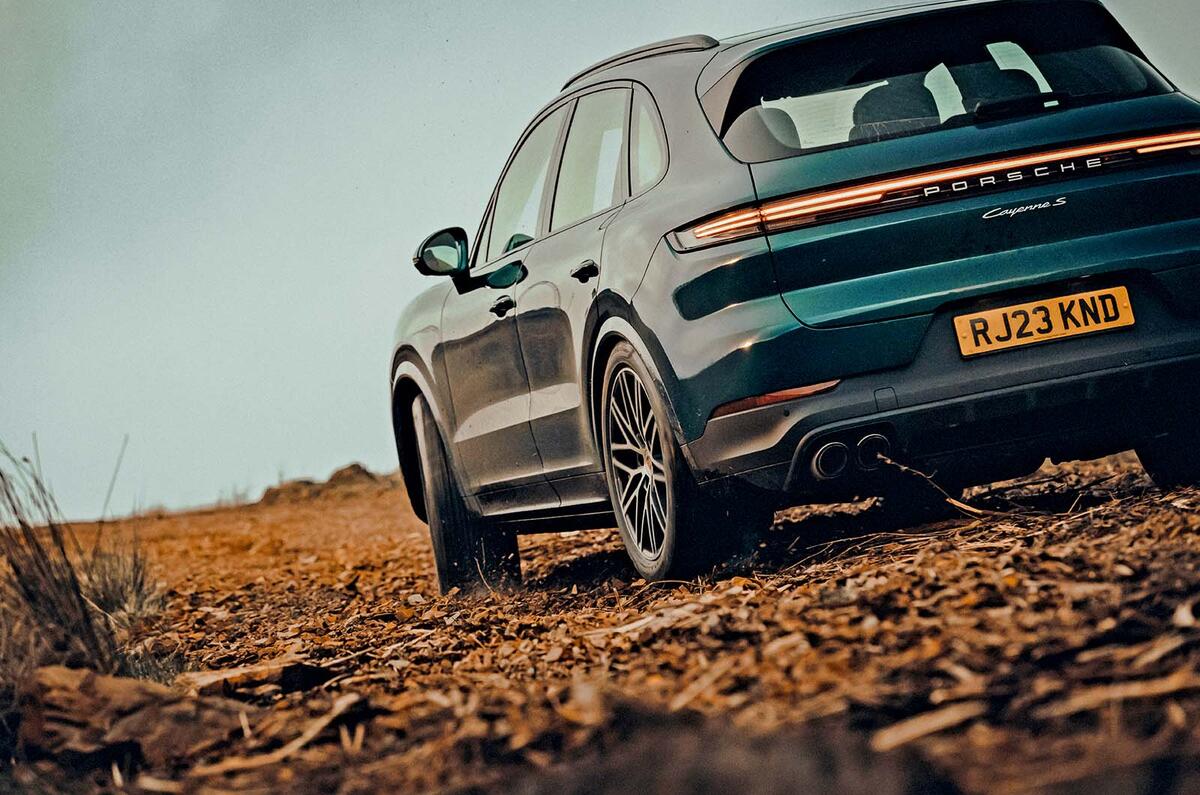
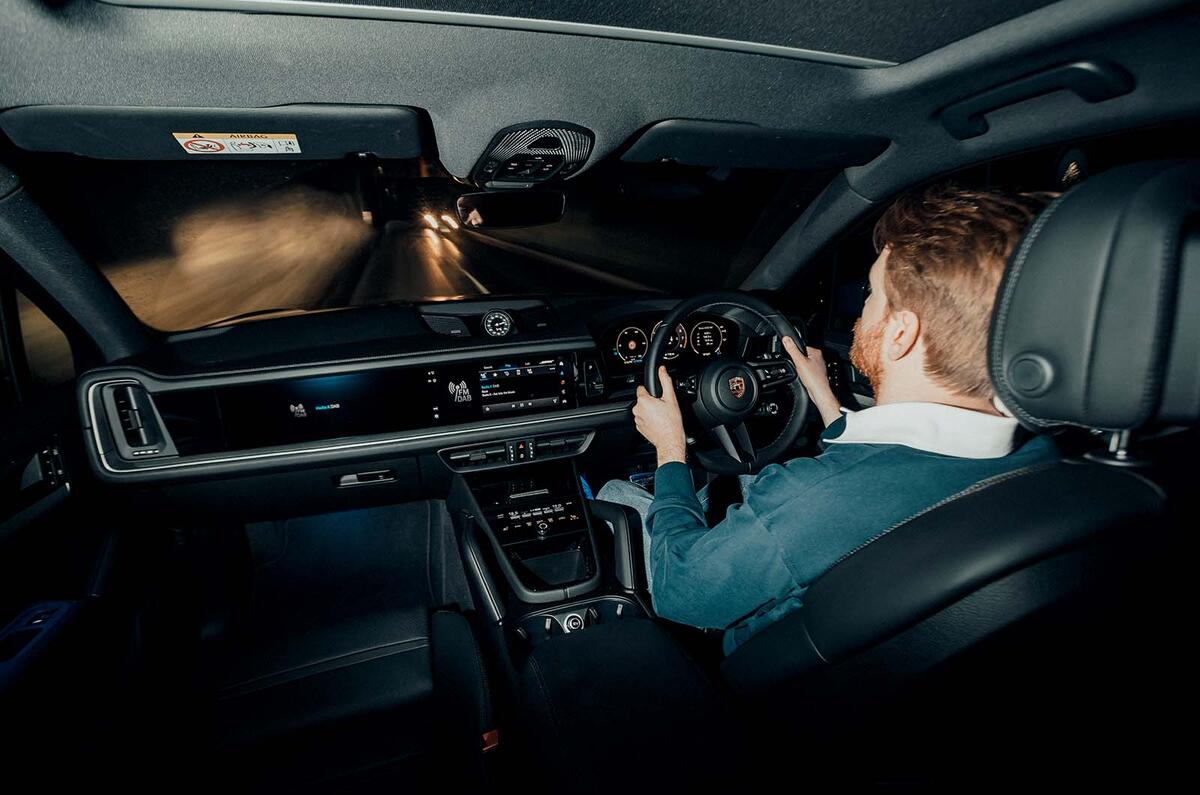
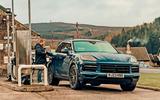
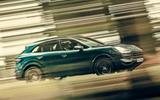

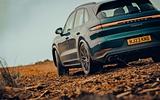
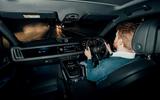

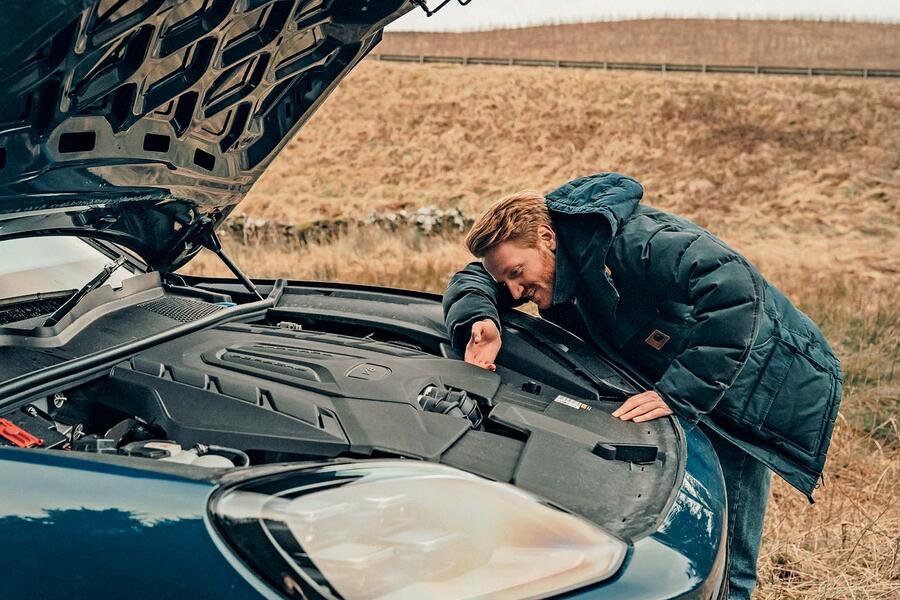
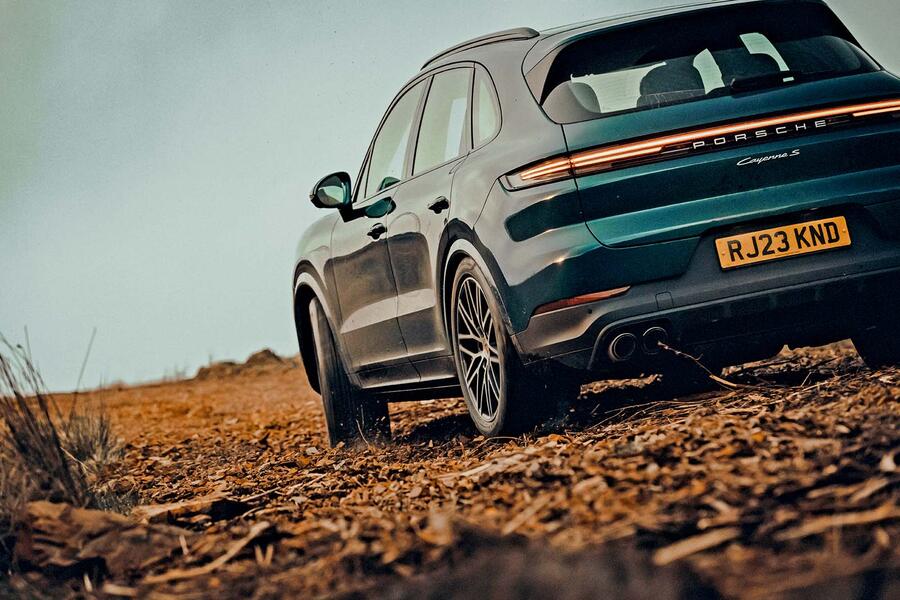
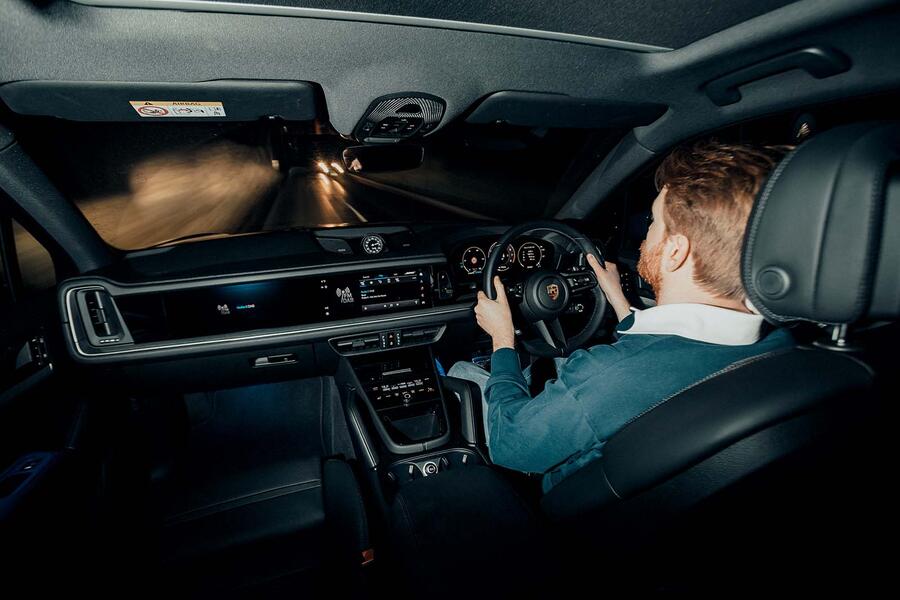
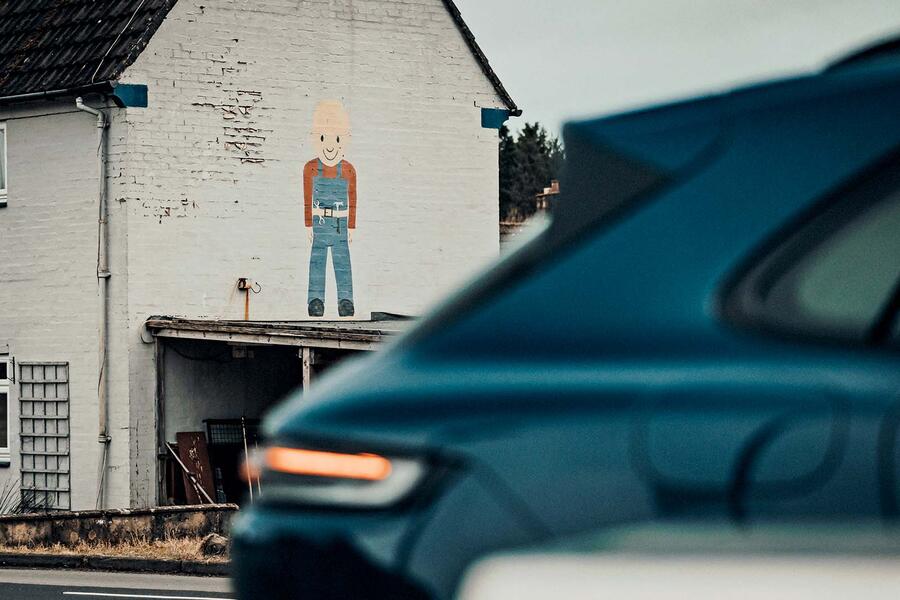
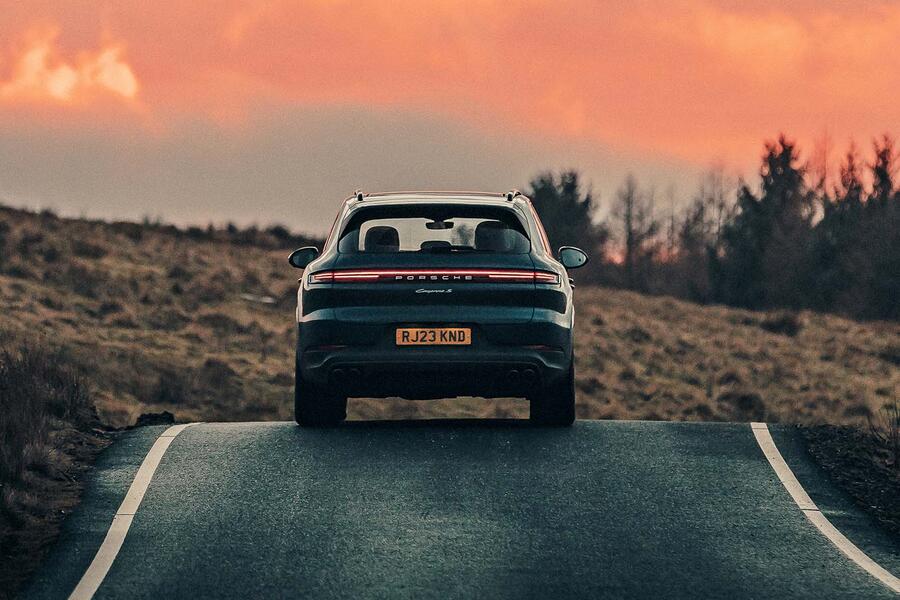





Join the debate
Add your comment
Still comes down to this, drive what you like, not what other drivers think you should, your money, your choice, if where you live is like Yorkshire for instance then a raised driving position is ideal, you'll know your roads so you'll no where passing opportunities are, a low slung sportscar if driven by a patient person will enjoy them just the same.
I would have thougth that most cars were better at being a GT, than an actual GT, which is typically a noisy,uncomfortable impractical way of moving between fuel stations with no visibility to appreciate your grand tour:)